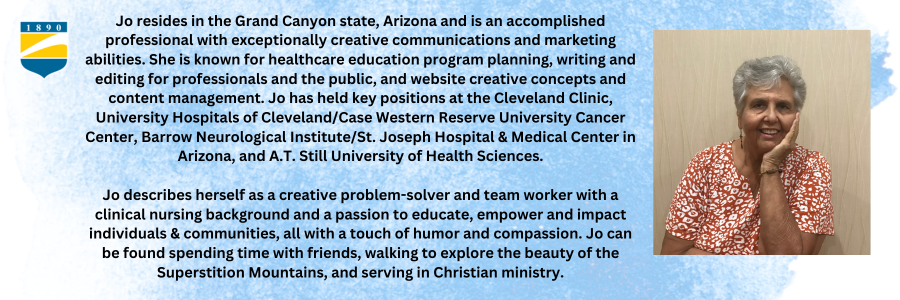What to Avoid in Your Cover Letter
When applying for a job, one of the most important aspects of an application is your cover letter. The cover letter is an opportunity to introduce yourself to the hiring manager; it allows you to share your experiences and how you can add value to the organization.
Why is a Cover Letter Important?
A cover letter provides a potential employer with a glimpse of who you are and your personality. In this letter, you can share how your skills and experience relate to the job requirements beyond what is contained in your resume. It helps the employer to know how your skills fit into the team and the overall organization. Indeed notes that a cover letter helps employers get a first look at a person’s qualifications for a specific job and evaluate if that individual is a good match for the position. You can utilize the cover letter to show a potential employer that you have serious interest in the job opportunity.
However, there are things to avoid in your cover letter to prevent it from being ineffective and unappealing to potential employers.
Tips on What to Avoid in Your Cover Letter
Just as there are practices to implement when crafting your cover letter such as including your contact information, there are also elements to avoid in your cover letter. First, avoid writing a lengthy cover letter. Your cover letter should be no longer than a few paragraphs to make a positive initial impression and to lead the potential employer to take further action regarding your application. Novorésumé suggests that in 2025, an effective cover letter length should be three to six paragraphs or 250-400 words.
Other elements to avoid in your cover letter include:
- Repeating what you already have in your resume.
- Focusing on your previous job experience rather than your achievements.
- Using phrases for a salutation like “To whom it may concern.”
- Including vague phrases in your cover letter. A great article on LinkedIn suggests cutting out phrases like “I hope to” or “I feel that.” Instead, focus on sharing your job-related qualifications and what you can contribute to the team. Saying you’re “drawn to a company” isn’t helpful; they already know their own reputation. It’s more effective to explain how your skills can support their mission or values. Employers want to know what you can do for them. Avoid writing, “I desire to improve my existing skills.” Remember that they’re looking for someone who already has the right skills for the job, not someone they’ll train.
- Ending your cover letter with a generic “feel free to contact me.” Glassdoor suggests that you be specific and request a video or in-person interview.
- Making your cover letter generic. Mention the organization’s name throughout the cover letter, why you want to work for them, and how you align with their mission, values, and goals. In today’s competitive job market, you cannot get away with submitting the exact same cover letter to multiple positions. Personalization is key.
- Writing generic phrases like “I made significant contributions to x project.” Instead, insert specifics. If you contributed by increasing x by a percentage, state that.
- Overusing keywords. Although it is important to use keywords mentioned in the job description, overuse is a mistake to avoid in your cover letter.
Resources to Help You Write an Effective Cover Letter
There are many resources available to help you craft a great cover letter and keep away from items to avoid in your cover letter. Indeed offers free cover letter templates with samples of different types of cover letters provided depending on whether you are applying for a position, inquiring about a job opportunity, or composing a career-field-specific cover letter.
Other resources include Jobscan and Microsoft which also offer free cover letter templates. Check out your local library, which often offers free assistance to job seekers in writing cover letters and resumes. Grammarly and other AI-powered cover letter generator options are also available. However, you want to make sure that you are sharing your real self in your own words—AI is just a starting point.
Final Thoughts Before Submitting: Get It Right!
Before sending your application to a potential employer, make sure that you have kept out items to avoid in your cover letter. Also, check that you are sending in an application in the format requested by the company (some prefer a Word document or PDF), following the specific application instructions, and proofreading for any spelling or grammar errors. In essence, remember that a cover letter needs to let a potential employer obtain insights about you, including what they can learn about you that is not on your resume and what excites you about working for the organization. Give it a thorough read and get it right!
Written by Jo Gambosi














